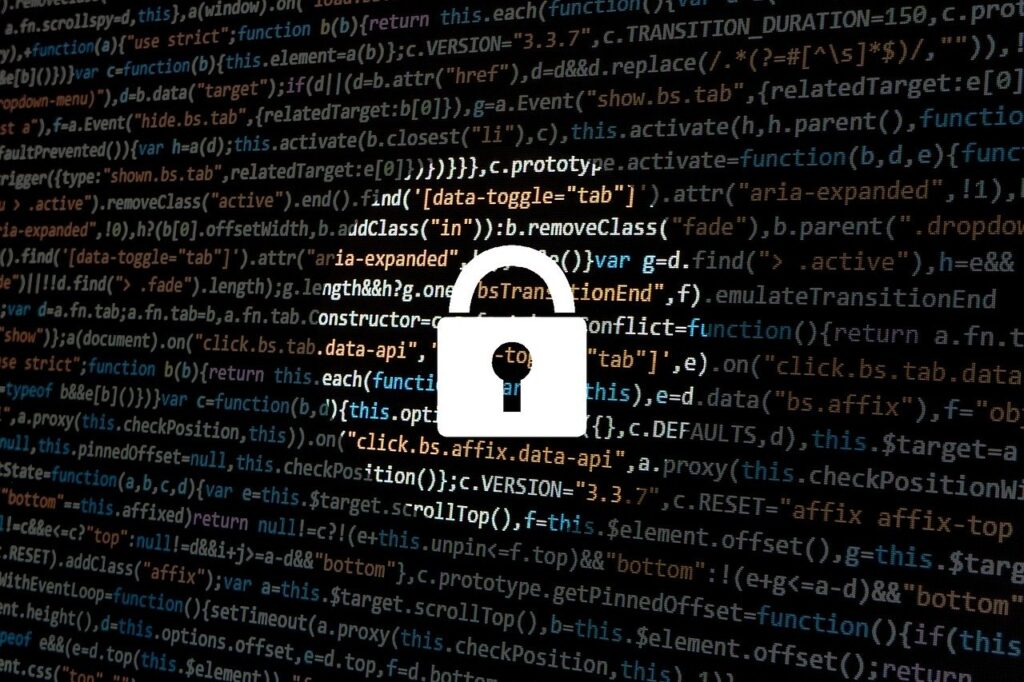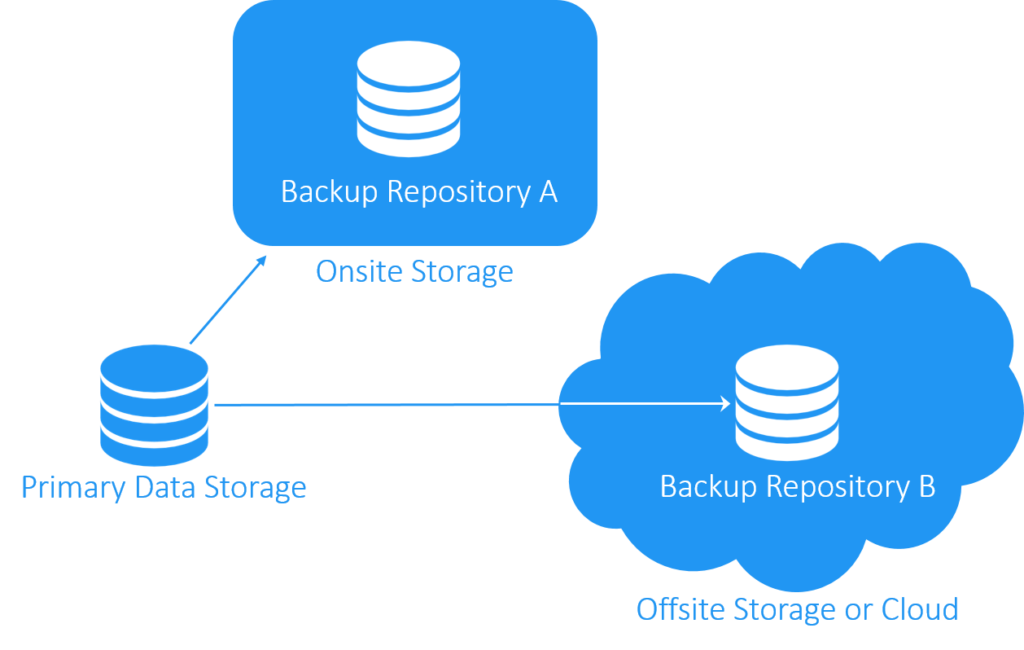Data backups are vital in the continuity of any business operation. If you lose your data, you could compromise your business, and you might lose your clients. Most organizations use various data backup strategies with easy access and efficient disaster recovery plans to ensure adequate data security. With technological advances, online hackers are crafting new ways to infiltrate systems through sophisticated malware and virus attacks. Although you might have reliable software security, cybercriminals may find a vulnerable backdoor to access your sensitive files without your knowledge. Thus, it is essential to have copies of your files stored securely in an off-site location in case you encounter data breaches. If you are in search of an efficient solution, you can try Microsoft 365 backup which you can find here and enjoy secure cloud storage services.
As much as you may have a reliable strategy, sometimes backup strategies fail due to numerous reasons. From hardware malfunctions to software incompatibility, there is always a good reason why good backups go back. Let us find out why backup failures occur and how to avoid them.
-
Media Malfunction

When you back up data on external hard drives or tape storage on a long-term basis, there are chances of media breakdown. You may think that you have sufficient data security, but when disaster strikes and you want to restore, there are no files. Media storage equipment must be handled and stored according to the instructions from the vendor.
-
Cyberattacks
While backups are a safe way to secure your data, cybercriminals have new strategies to attack backup files. Ransomware attacks are on the rise, and most large organizations globally have fallen victim to the attackers who encrypt files and demand ransom. Or the hackers delete the backup files entirely from the system. Even with a reliable backup plan, you may encounter data loss from malware attacks.
-
Software Incompatibility
When the backup software is not compatible with your system applications, your backup strategy will fail. The operating system may not work well with the new updates, either on security features or other system policies.
-
Capacity Planning
Most organizations fail to plan set up a scalable backup strategy. When the company expands, it means more information, thus lager storage space. When IT administrators do not provide an extra local capacity buffer, you may run out of backup storage. That is why it is recommended for large organizations to outsource backup strategies to prevent failure and successfully match capacity and demand.
-
Public Cloud Storage

Although cloud backup is the most efficient with reliable data storage features, storing data in the public cloud is not the best solution. It is not advisable to store sensitive data, such as company data, financial details, or personal credentials on the public cloud due to insecurity issues. Online hackers are becoming more knowledgeable and can bypass the security measures to infiltrate your backup files. Since service providers manage the public cloud, you have no control over your data in case of an external threat.
-
Corrupt Files
If you back up corrupt files, you cannot be able to retrieve the data. Most organizations using tape storage mostly face this challenge since they rarely test the efficiency of the backup. Those who try to retrieve the files, a large percentage are corrupt or have errors.
-
Human Errors

As they say, to err is human; even with technology, the saying is true. Human errors compromise most data backup strategies. Careless employees may delete critical backup files by accident without understanding the repercussions. Or unauthorized individuals may access data center servers with the malicious intent of sharing sensitive data to criminals. Most backup failures occur due to sloppy mistakes from employees.
How to Prevent Failure?
While backup failures may seem unavoidable, there are preventive measures that you can implement to reduce data loss. Below are some tips to prevent backup failure.
-
Select the best backup method
With numerous backup solutions like BDRSuite in the market, you may be confused about the most suitable backup strategy for your business. Suppose you do not want to outsource backup services from an independent provider. In that case, you can consult professionals to help you select the best backup method with the right capacity to avoid backup failures.
-
Regular Testing
Do not back up your data and drop the idea that your files are safe! Otherwise, ensure that you run regular tests to ensure the backup strategy is still efficient and can restore your data without corrupt and damaged files. Some viruses are subtle and may attack your backup files without your knowledge.
-
Invest in Data Security

You may think that your business is safe, and you don’t need any sophisticated data policies in place. But attackers may strike at any time since all data is valuable. Malware and virus attacks spread through the web, looking for vulnerable systems to damage. So, it is vital to invest in reliable backup solutions and security software to prevent cyberattacks.
-
Employee Training
Organizations should conduct in-house conferences to train their employees on the importance of data backup. It will reduce the causes of human errors and improve data security. IT administrators must also understand the backup plan in question to avoid technical mistakes that will cause backup failure eventually.
-
Up-to-date Software
Outdated backup software may not be compatible with your operating system, causing malfunctions. Ensure that you update the backup software regularly by having a patch management feature to seal all vulnerable files. Your browser should also be up-to-date since most malware attacks infiltrate through backdoors in an outdated browser.
-
Encryption Passwords

When the IT guy forgets the encryption password for the cloud storage, you might not access your data. While it is critical not to share the password with many employees, ensure that a few trusted individuals have it. The only administrator with the password may quit with no one else to decrypt the backup files.
Ultimately, selecting the best strategy for your business depends on numerous factors, such as budget, infrastructure, company size, among other fundamental aspects. Whatever approach you implement, use the 3-2-1 strategy and ensure that it is effective with no loopholes for cyber attacks or physical damage to the storage medium.
Related Posts:
- Data Lakes vs. Data Warehouses: Choosing the Right…
- Data Breaches and Attacks on the Internet of Things…
- 6 Reasons To Hire A Data Analytics Experts For Your…
- How to Prevent Online Companies from Collecting Your…
- 7 Hidden Data Security Threats of Private Browsing in 2024
- Simple Digital Marketing Strategies for Becoming a…







